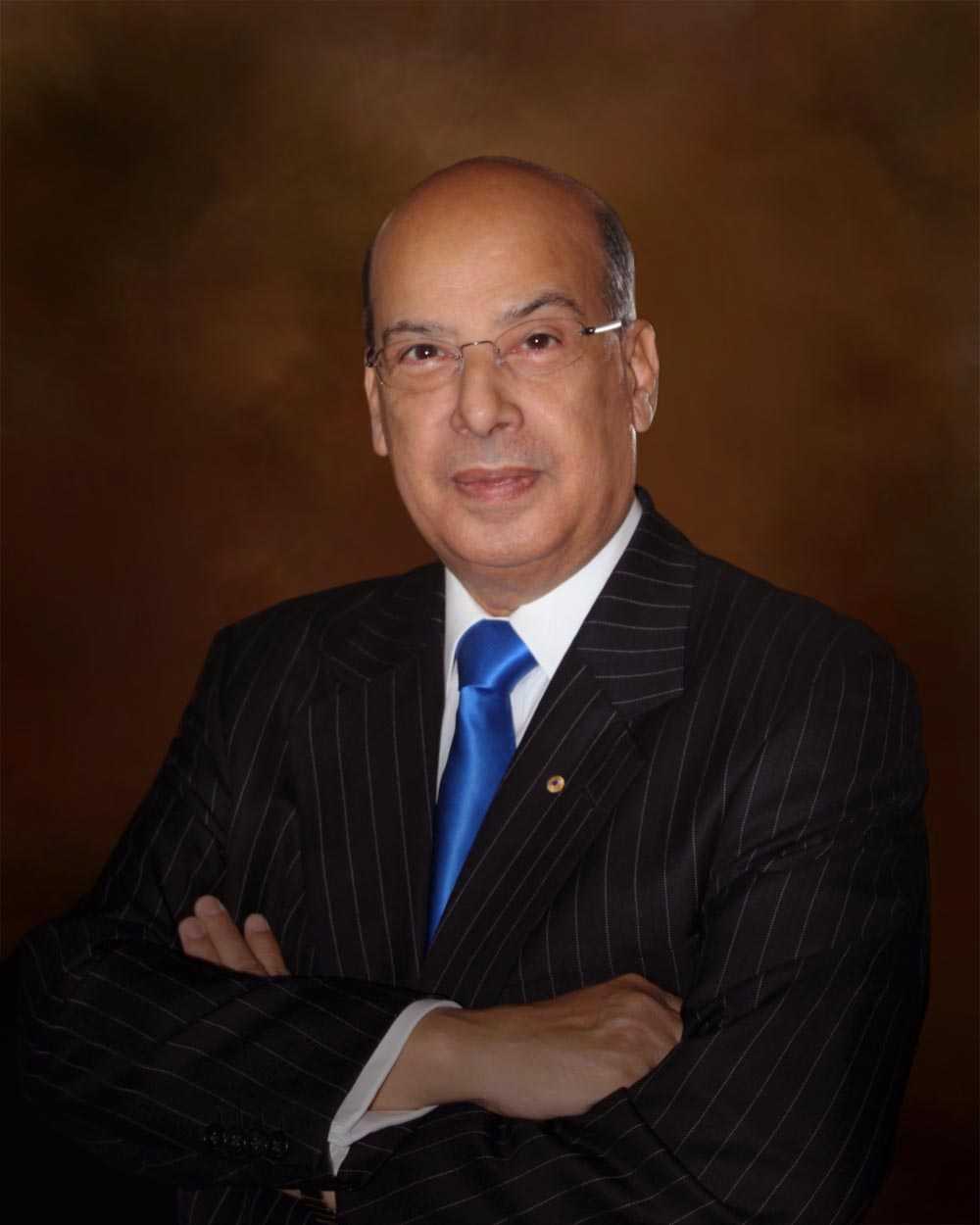On 30th January, Antigua and Barbuda cosponsored a declaration presented to the Permanent Council of the Organisation of American States (OAS) seeking an end to the reported human rights violations and violence stemming from the political upheaval in Peru.
Joining Antigua and Barbuda in support of the declaration were Argentina, Bahamas, Barbados, Belize, Bolivia, Brazil, Canada, Chile, Colombia, Costa Rica, Dominica, Dominican Republic, Ecuador, Grenada, Guatemala, Guyana, Haiti, Honduras, Jamaica, Mexico, Panama, Paraguay, Peru, Saint Kitts and Nevis, Saint Lucia, Saint Vincent and the Grenadines, Suriname, Trinidad and Tobago,
United States, and Uruguay.
In part, the declaration expressed “… dismay at the acts of violence which have resulted in fifty-eight deaths to date, according to the Office of the Ombudsperson in Peru, and property damage” as well as “reports of both excessive use of force and the violation of academic spaces.
The Antigua and Barbuda delegation led by Ambassador Sir Ronald Sanders called on “all sectors of the Peruvian society to respect the right to assembly and for protest to be exercised in a peaceful manner; and to resume dialogue and build consensus to overcome the current situation.”
The declaration further called on the Peruvian state to pursue a course of action to resolve the unrest that “…adheres to the Inter-American standards of necessity, legality, proportionality, reasonableness, or other widely accepted standards, as well as the adoption of effective accountability measures related to the acts of violence and destruction that have occurred in Peru”.
The Permanent Council also recognised the “…decision of the government of Peru to provide the necessary facilities to the Public Ministry to investigate and identify, and prosecute and punish, where appropriate, those responsible for the violations of human rights, particularly of life and safety, and for damage to public and private property.”
At the heart of the declaration was the OAS’ aim of assuring the safety of all Peruvians, “…especially affected people, and their right to due process consistent with the rule of law”.
The organisation is also insisting that Peru take steps to ensure good governance and democratic institutionality “…through the prompt holding of free, fair and transparent general elections, with international electoral observation”.
The underlying civil unrest in Peru came to a head at the end of 2022 when thousands of protesters converged in the country’s capital Lima to show support for former president, Pedro Castillo, who was ousted on 7th December, and to demand the resignation of current President Dina Boluarte.
Protesters are also calling for the dissolution of parliament and fresh elections.
Castillo, 53, had been accused in multiple corruption investigations and narrowly avoided two impeachment attempts by Peru’s opposition-led legislature. Before the third impeachment effort on December 7, Castillo tried to dissolve Congress and rule by decree. The constitutional court called Castillo’s announcement a “coup d’etat”.
The legislature immediately voted to replace him in the latest blow in a years-long clash between Peru’s executive and legislature. Boluarte then ascended to the job as Peru’s sixth president in five years.
Castillo is being held in pre-trial detention while he is investigated on charges of rebellion.
Many of the protesters are Castillo supporters with a similar background to the former president. They are Indigenous and from rural Peru’s mountainous regions and have argued that Boluarte doesn’t represent them.
The worst political violence Peru has experienced in more than two decades has shined a spotlight on the deep divisions in the country, much of which is fuelled by the claims of Indigenous people that they have been excluded from the benefits of economic progress in their country including access to healthcare, education and housing.

